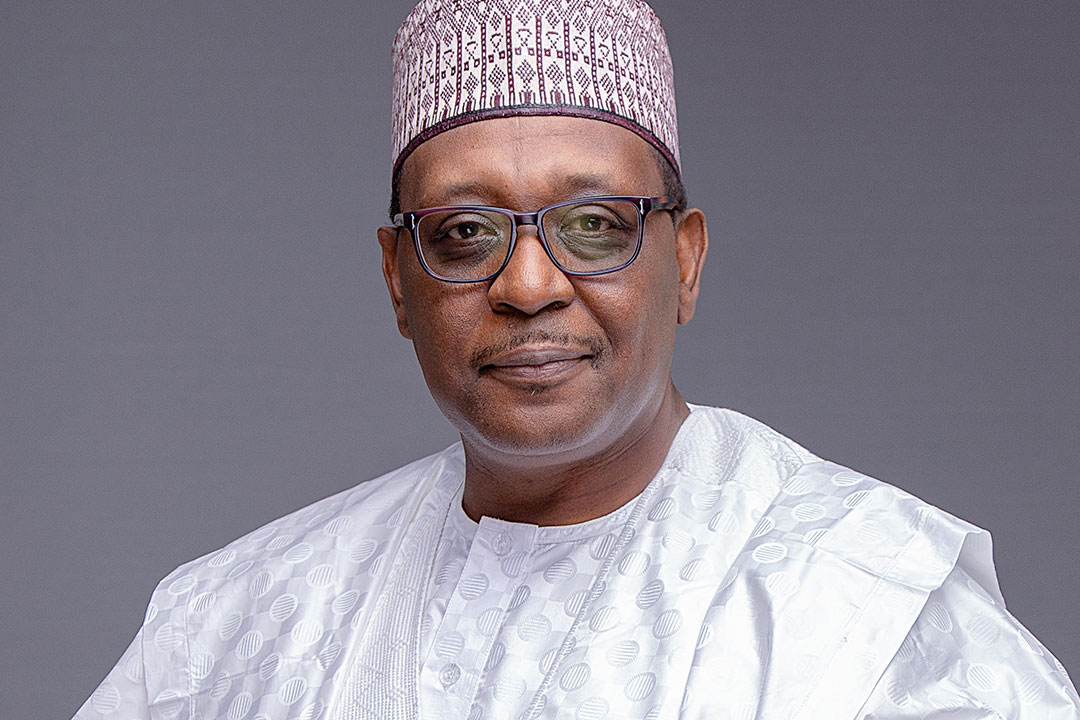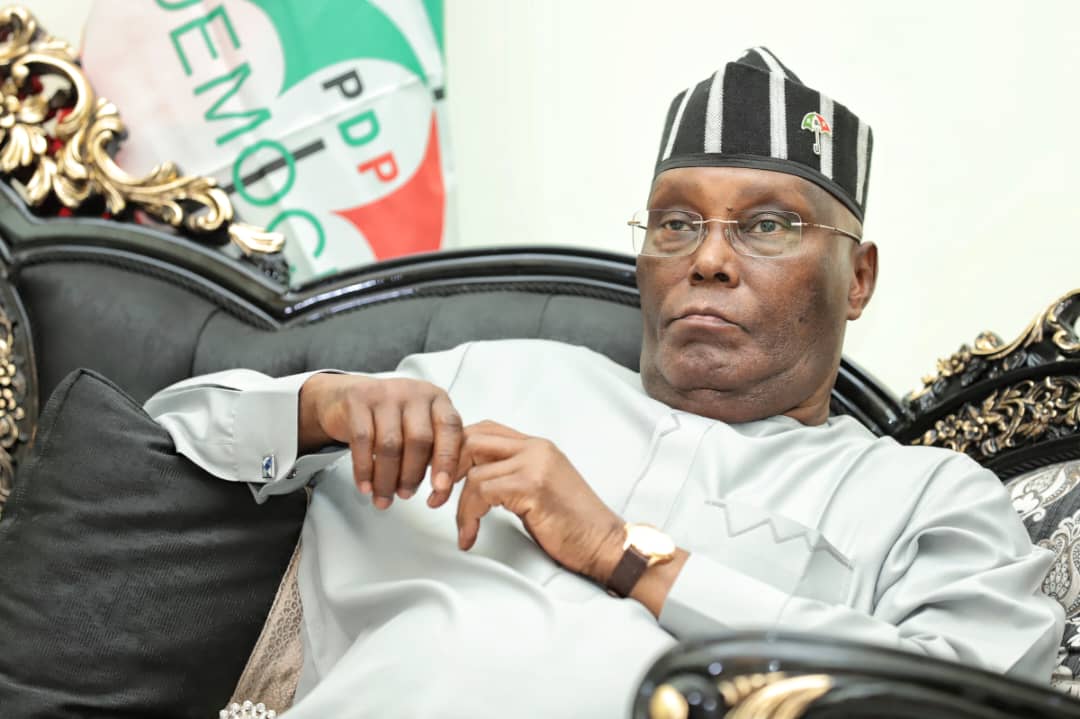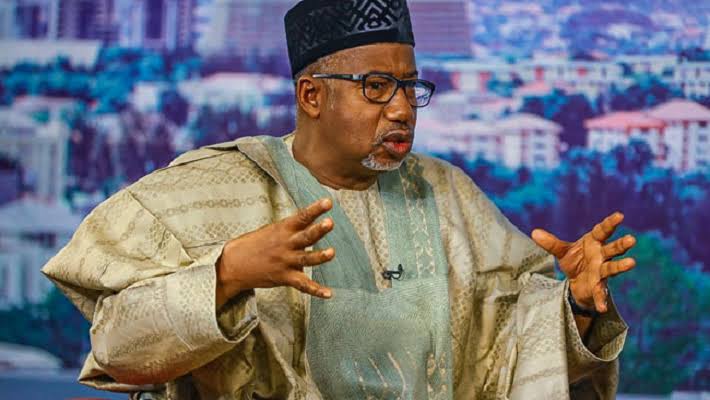The total value of manufactured goods imported into Nigeria hit N16tn between 2023 and 2024, according to Saturday PUNCH analysis of the Foreign Trade report published by the Nigerian Bureau of Statistics over 12 months.
The analysis also revealed that the value of the manufactured goods imported into the country between April 2023 and March 2024 increased by 60 per cent when compared to the value of manufactured products imported during the previous 12 months, which began in April 2022 and ended in March 2023.
The value of the total manufactured goods imports for the 2023/24 year stood at N16,684bn, while the value of 2022/23 imports was N10,448bn, giving a difference of N6,236, which is 60 per cent of the latter.
In the key highlights of the country’s international trade contained in the Foreign Trade in Goods Statistics for the first quarter of 2024, which it published earlier this month, the NBS said, “The value of total imports stood at N12,643.23bn in the first quarter of 2024, representing an increase of 39.65 per cent compared with the value recorded in Q4, 2023 (N9,053.78bn) and a rise of 95.53 per cent from the value recorded in the corresponding quarter of 2023 (N6,466.10bn).
“In the first quarter of 2024, China ranked highest among the top trading partners on the import side, followed by India, United States of America, Belgium, and The Netherlands.
“The most traded commodities were motor spirit ordinary, gas oil, durum wheat (not in seeds), cane sugar meant for sugar refinery, and other liquefied petroleum gases and other gaseous hydrocarbons.
“In the reviewed quarter, the value of imported manufactured goods was N5,738.32bn, reflecting a 44.47 per cent increase from N3,971.91bn in Q4 2023 and a 139.47 per cent rise from N2,396.23bn in Q1 2023,” it added.
However, Saturday PUNCH analysis of the Foreign Trade statistics report quarterly published by the NBS between April 2023 and March 2024 revealed that the value of manufactured goods imported into the country was N3,019bn in the second quarter of 2023 which began in April.
The value rose to N3,956bn in the third quarter of 2023 and increased slightly to N3,971 in the fourth quarter of the year, which ended in December, making a total of N16,684bn including the cost value for the manufactured goods imports of the first quarter of 2024.
For the previous 12 months which began in April 2022 and ended in March 2023, the value of manufactured goods imported for the country was N2,756bn in the second quarter of 2022, N2,849bn in the third quarter of the year, N2447bn in the last quarter of the year and N2,396bn in the first quarter of 2023, giving a total of N10,448bn.
Reacting to the development, the Director of the Centre for the Promotion of Private Enterprise, Muda Yusuf, said the country’s import figure rose due to naira devaluation.
He said, “I think it is because of the naira depreciation. If you are importing something that was $1m when the exchange rate was N450, now you are importing products worth $1 million, and the exchange rate is N1,500.”
Also, the Manufacturers Association of Nigeria attributed the huge gap between the Nigerian import and export goods rate to the inability of the country’s manufacturers to compete with their international counterparts due to factors bordering on high production costs.
The President of MAN, Francis Meshioye, noted that Nigerian manufacturers are saddled with high production costs, which ultimately push up the prices of manufactured goods.
Meshioye said, “We tell our members to export more, but all these things are based on competitive advantages. If you want to export a product, it is fine, but at what cost are you going to export it? What will be your price? If the cost is astronomically high, it will be difficult to export. It is a circle.
“The export base should be good enough to support the floating exchange rate, but we need to have a good economic base to do that.”
He called on the government to look at why manufacturers cannot export as expected, adding that it could do that through a roundtable.
“They can look at those products that can generate money, and ask what the impediments to exports are. That would be fantastic. We need to boost our export base. It should be robust. The more we export, the more forex we earn. And the more forex we earn, the more we have to source our importation needs,” the MAN president remarked.

 6 months ago
32
6 months ago
32















 English (US) ·
English (US) ·